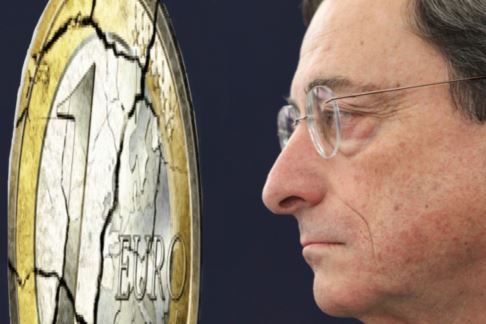COMMENT: You were here in Brussels a few weeks ago. Suddenly, the ECB is talking about the need to merge the debts to prevent a crisis. So your lobbying here seems to work.
RGV, Brussels
 REPLY: I do not lobby. It is rather common knowledge I have made those proposals since the EU commission attended our World Economic Conference held back in 1998 in London. I focused on the reason the Euro would fail if the debts were not consolidated. So it is not a fair statement to say I meet in Brussels to lobby for anything. I meet with people who call me in because of a crisis brewing.
REPLY: I do not lobby. It is rather common knowledge I have made those proposals since the EU commission attended our World Economic Conference held back in 1998 in London. I focused on the reason the Euro would fail if the debts were not consolidated. So it is not a fair statement to say I meet in Brussels to lobby for anything. I meet with people who call me in because of a crisis brewing.
So everyone else understands what this is about, the ECB President Mario Draghi has come out and proposed interlocking the euro countries to create a “stronger” and “new vehicle” as a “crisis instrument” to save Europe. He is arguing that this should prevent countries from drifting apart in the event of severe economic shocks. Draghi has said it provides “an extra layer of stabilization” which is a code phrase for the coming bond crash. He has conceded that the legal structure is difficult because what he is really talking about is the consolidation of national debts into a single Eurobond market. There is no bond market that is viable in Europe after the end of Quantitative Easing. There will be NO BID.
There is no viable bond market left in Europe. The worst debt is below US rates only because the ECB is the buyer. Stop the buying and the ceiling comes crashing down. This is why what he is saying is just using a different label. He is not calling it debt consolidation, just an extra layer of stabilization to bind the members closer together.
It will be a hard sell and it may take the crisis before anyone looks at this. You have “bail-in” policies because of the same problem. If the banks in Italy need a bailout from Brussels, then other members will look at it as a subsidization for Italy which is unfair. There is no real EU unity behind the curtain which is when the debt was NEVER consolidated from day one. They wanted a single currency, but not a single responsibility for the debt.
